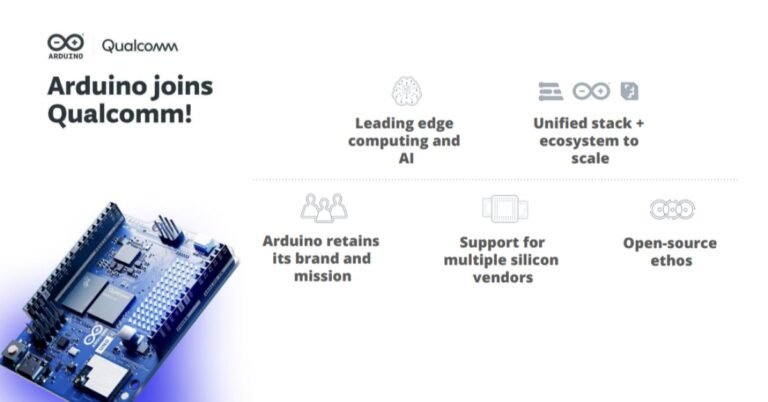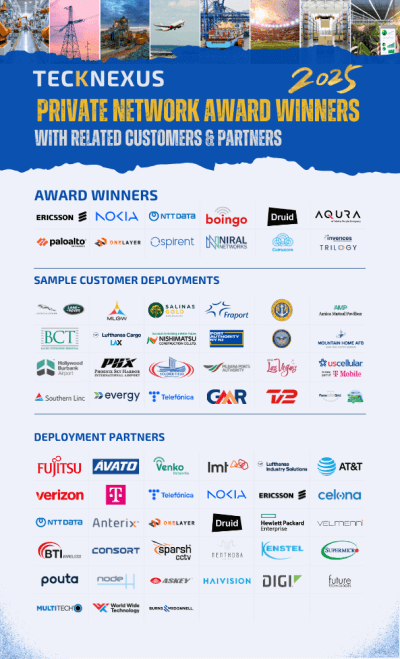Hands-On AI Degree with OpenAI Integration at Campus
Applied AI concentration from Campus provides students with hands-on experience, OpenAI’s tools and skills coaching as they prepare for in-demand AI jobs
NEW YORK, Oct. 29, 2024 /PRNewswire/ — Campus, an innovative two-year college, backed by investors including Sam Altman, Founders Fund and Shaquille O’Neal, today announced the launch of a new artificial intelligence (AI) concentration that will be offered within its Associate of Arts in Business Administration (AABA) degree. The concentration, taught by professors who also teach at top colleges, including UC Berkeley and Princeton, was designed to prepare students to support the application of AI across a range of settings. All students who enroll in the concentration have access to OpenAI’s models through Campus’ rollout of ChatGPT Edu. Enrollment will begin January 2025.
“By making OpenAI’s tools available across Campus, students in the Applied AI concentration won’t just study AI concepts—they’ll use the tools firsthand in their learning, research, and decision-making. This approach is going to be table stakes in AI programs across higher ed, and we’re inspired to see Campus leading the way,” said Leah Belsky, VP & General Manager, Education at OpenAI.
The Applied AI concentration consists of five specialized courses designed to provide students with a foundation in AI and its most in-demand business applications:
Introduction to Applied AI
A comprehensive introduction to AI technologies and their role in business operations.
Quantitative Data Analysis with AI
Teaches students how to leverage AI for data-driven decision-making, from data collection to interpretation.
AI for Text and Language Analysis
Teaches students how to apply AI tools to analyze language and documents across various business domains.
AI Integration in Business I & II
Practical, project-based courses that explore the implementation of AI in real-world business scenarios, culminating in a capstone project.
Addressing Real-World AI Deployment Challenges in Business
“Everyone’s obsessed with talking about AI – and yet, when I speak with business leaders, a large percentage of them are getting stuck on how to actually deploy these systems effectively,” said Tade Oyerinde, founder and chancellor, Campus. “So the whole point of our new Applied AI concentration is to graduate students with useful AI-tools skillsets so they can parachute into these companies and deploy AI to drive massive efficiencies on day one.”
According to a recent analysis by the Federal Reserve Bank of Atlanta, demand for AI jobs is not only accelerating, it is “spreading to a broader set of jobs, industries, and local labor markets.” As of this year, nearly a quarter of all occupations had some minimal demand for AI skills. The Fed’s analysis suggests rising demand for AI skills extends beyond the tech sector, with AI skills expectations increasingly common among business and finance jobs postings.
“AI is fundamentally reshaping how companies operate and make decisions,” said Professor Todd Fitch, Lecturer, Economic Analysis & Policy, University of California, Berkeley and Director for the AABA at Campus. “Our goal is to give students not just an understanding of AI’s potential, but the skills to deploy AI solutions in ways that directly impact business outcomes. With access to tools like ChatGPT EDU, students will gain hands-on experience in using AI to solve business challenges. As AI continues to evolve, graduates of this program will be well-prepared to lead this next wave of innovation.”
To learn more about the AI concentration and the broader AABA program please visit us here.
About Campus.edu
Campus.edu is a new way to go to college, built for students looking for a lower-cost, faster launchpad into a career – or a four-year degree. Campus.edu delivers live, online classes taught by professors who also teach at leading universities like Princeton, Stanford, and Howard University. Campus.edu’s unique approach is grounded in a pioneering technology platform and a heavily-researched student success model that offers students dedicated advisors and on-demand tutoring and coaching to ensure their academic access. Campus.edu was named one of Fast Company’s Most Innovative Companies of 2024. To learn more, visit campus.edu.








































